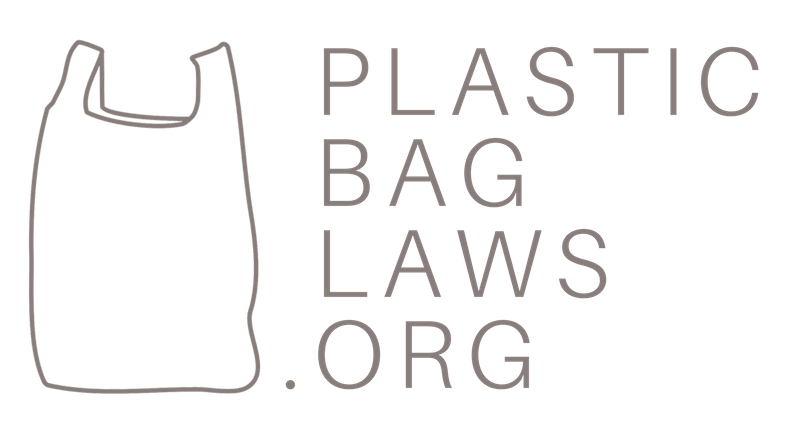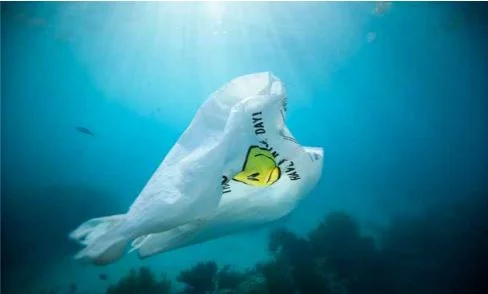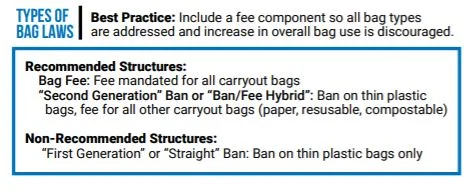Surfrider Foundation Announces Plastic Bag Law Activist Toolkit
This is a guest blog post by Jennie Romer, Esq. originally posted on Surfrider Foundation’s Coastal Blog.
Surfrider Foundation has helped pass an astounding 107 single-use plastic bag laws to date, but - with billions of single-use plastic bags still entering the waste and litter stream every year - there is more to be done. As part of Surfrider Foundation’s Rise Above Plastics program, Surfrider recently partnered with Jennie Romer, Esq. from PlasticBagLaws.org to create our new U.S. Plastic Bag Law Activist Toolkit. Over the past decade, plastic bag laws in the U.S. have developed nuances in response to effectiveness concerns, state constitutional issues, and lawsuits. In the toolkit, we summarize the collective wisdom gained from drafting and implementing plastic bag laws.
This toolkit is a supplement to Surfrider’s Rise Above Plastics Activist Toolkit, which gives an overview of the problems of single-use plastics and outlines plastics reduction laws. Our new toolkit delves exclusively into the details of best practices for drafting plastic bag laws, including the ten important clauses to consider. It provides a comprehensive look at the harms of plastic carryout bags, recommended ordinance structures, important clauses to include, effectiveness data, how to spearhead a community movement, and the threat of preemption.
One of the main takeaways from the Plastic Bag Law Activist Toolkit is that laws that simply ban plastic bags and don’t address other types of carryout bags are not recommended. The two recommended carryout bag law structures are a “Fee on All Bags” and a “Ban/Fee Hybrid”, meaning a ban on thin plastic bags and a fee on all other carryout bags. The fee component is paramount in changing consumer behavior. We won’t rid the world of plastic bags simply by banning them—customers have to be willing to change their behavior. If every time a person runs to the corner store they are asked if they need a bag for a 10-cent fee, they will consider whether or not a bag is necessary and be more likely to bring a reusable bag.
Single-use plastics are everywhere, littering our beaches and oceans. With a problem as seemingly insurmountable as plastic pollution, it can be difficult to know where to start. Plastic bag laws are a proven way to reduce one form of single-use plastic, and this new toolkit, which builds on a decade of past toolkits and campaign work, details the path to the most state-of-the-art plastic bag laws.



